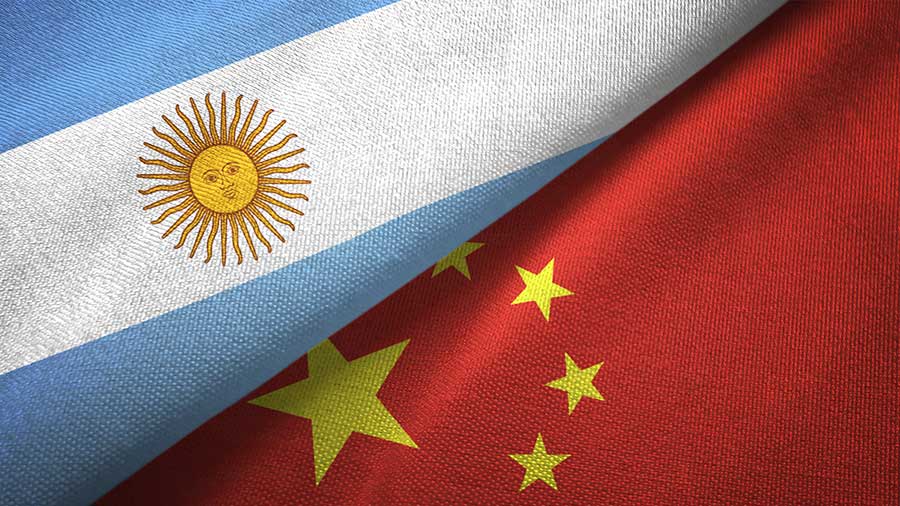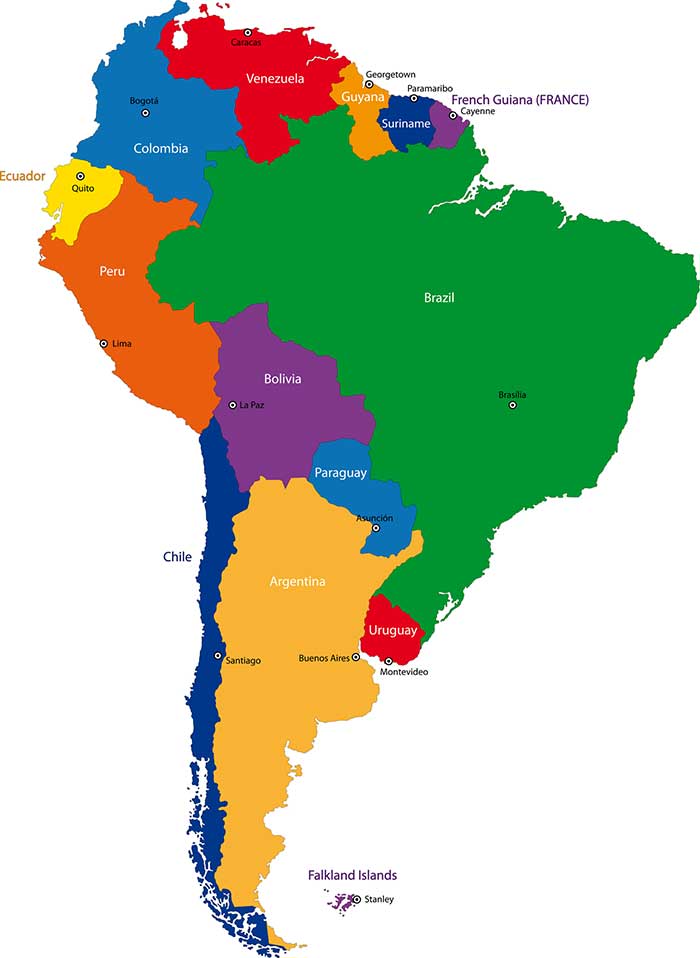Argentina Joins China’s Belt And Road Initiative

Argentinian President Alberto Fernandez has been visiting Beijing to attend the 2022 Winter Olympics and signed an agreement on February 5th for the country to join the Belt and Road Initiative. It is a highly strategic move for Argentina as it is one of the largest economies in South America and has a pro-United States position. However, its economy has struggled in recent years as it now looks to Beijing, rather than Washington for financial and trade development assistance. We explained the difficulties of the Argentinian-US debt position in an earlier article here.
Following the signing of the BRI MoU, Presidents Xi and Fernandez pledged to deepen strategic cooperation on trade and currency and agreed to a five-year plan for agricultural cooperation while identifying key areas to grow and diversify trade and investment in the sector.
Argentina’s economic problems stem from its need for monetary and balance of payments financing, as well as for policy reforms to reduce its fiscal deficit. The infrastructure build typically associated with the BRI will not help Argentina is this regard, however the BRI agreement will streamline trade agreements between Argentina and China. It also allows it to seek financing outside the International Monetary Fund (IMF), with possibilities of financing from both the Asian Infrastructure Investment Bank (AIIB) and the BRICS New Development Bank. It joined the AIIB in 2020.
Argentina is looking for unconditional financing as it tries to develop infrastructure and diversify its economy following debt talks with the IMF. Should Argentina default on IMF debt, the country could lose access to foreign markets. Argentina maintains a US$19 billion currency swap agreement with China, while Beijing has financed a number of major Argentinian infrastructure projects, including two nuclear plants and a US$2.5 billion upgrade of its main cargo rail network.

Argentina’s neighbours and Uruguay have also joined the BRI, while Brazil signed off an agreement to align its national development program with China last year. Argentina’s decision to join the BRI means that they will be at the forefront of a South American region that has seen 24% of all Latin American products now go to Asia, up from 18% in 2017. China has also stated that it expects to invest about US$250 billion in South America over the next decade. Bilateral trade between the two countries is running at about US$20 billion per annum, with China importing soybeans, meat and seafood, and Argentina importing telecommunications, and IT equipment.
Related Reading
About Us
Chris Devonshire-Ellis is the Chairman of Dezan Shira & Associates. The firm assists British and Foreign Investment into Asia and has 28 offices throughout China, India, the ASEAN nations and Russia. For strategic and business intelligence concerning China’s Belt & Road Initiative please email silkroad@dezshira.com or visit us at www.dezshira.com





